What is today's school in Poland like, is its shape as it should be?
(Edited)
Authored by
@Pati

Human nature is such that it will never please everyone, which does not mean that one should not try to reach the state closest to the ideal. And what is this ideal and how far is the shape of the Polish education system from it?
Currently in Poland we have an 8-class primary school, post-primary school is from 3-5 years (depending on the type of vocational school, high school, technical school). Up to the age of 18 we are obliged to attend school, which does not mean that we have to finish one of the secondary schools. We owe the current shape of the Polish school to the reform of 2017, which somehow restores the shape of Polish education from before 1999, in which junior high schools were run in Poland.
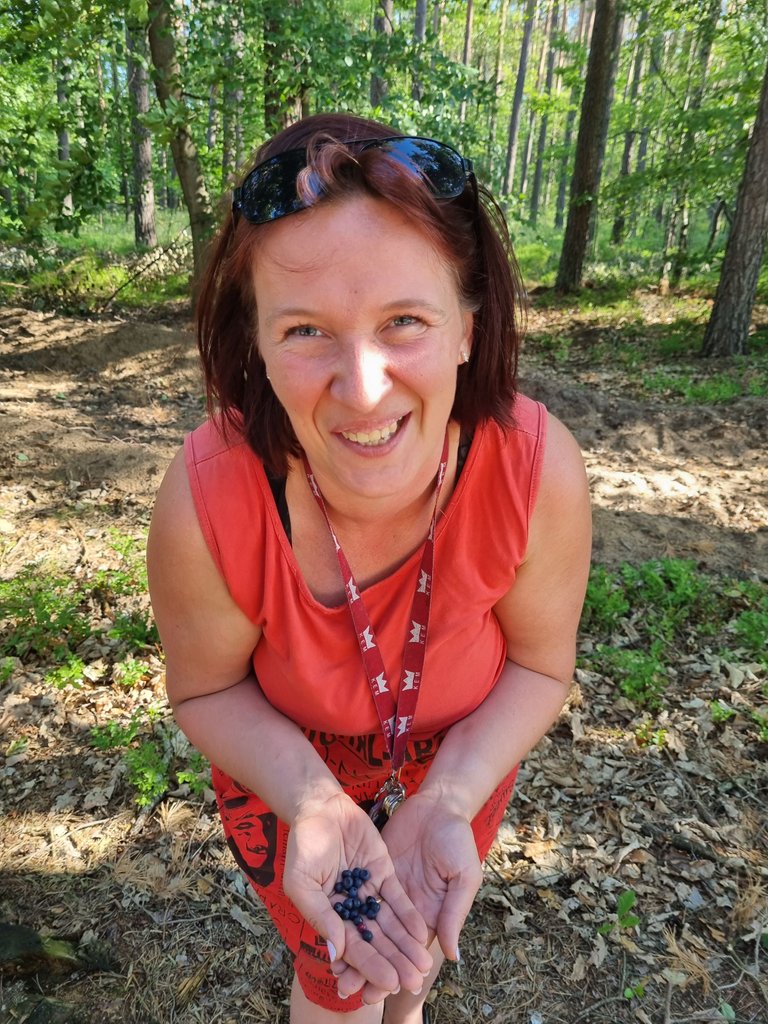
Reflecting on the pros and cons of the Polish education system, one should consider the current state of knowledge about how a person learns. According to current knowledge in the field of neuroscience, learning is a process of permanent changes in behavior that is the result of experience.
We now know that our brain does not remember linearly, so the teaching model based on a lecture, a lecturer's monologue, does not work and does not facilitate effective learning, on the contrary, it makes our brain start to revolve somewhere around what we have to do, what interests us, then we do not get anything out of such classes. However, if during the class you introduce questions to students, encourage them to reflect for a moment, present an example from real life or ask group work on a given topic, then the learning effect will be much better.
Research conducted on how and how much we remember has proven that we remember only 10% of what we read, 20% of what we heard, 30% of what we saw, 50% of what we saw and heard, 70% of what we said during a conversation and as much as 90% of what we said about what we do. Why is it important, because it is the knowledge necessary to teach effectively, otherwise we only create the appearance that we are teaching.
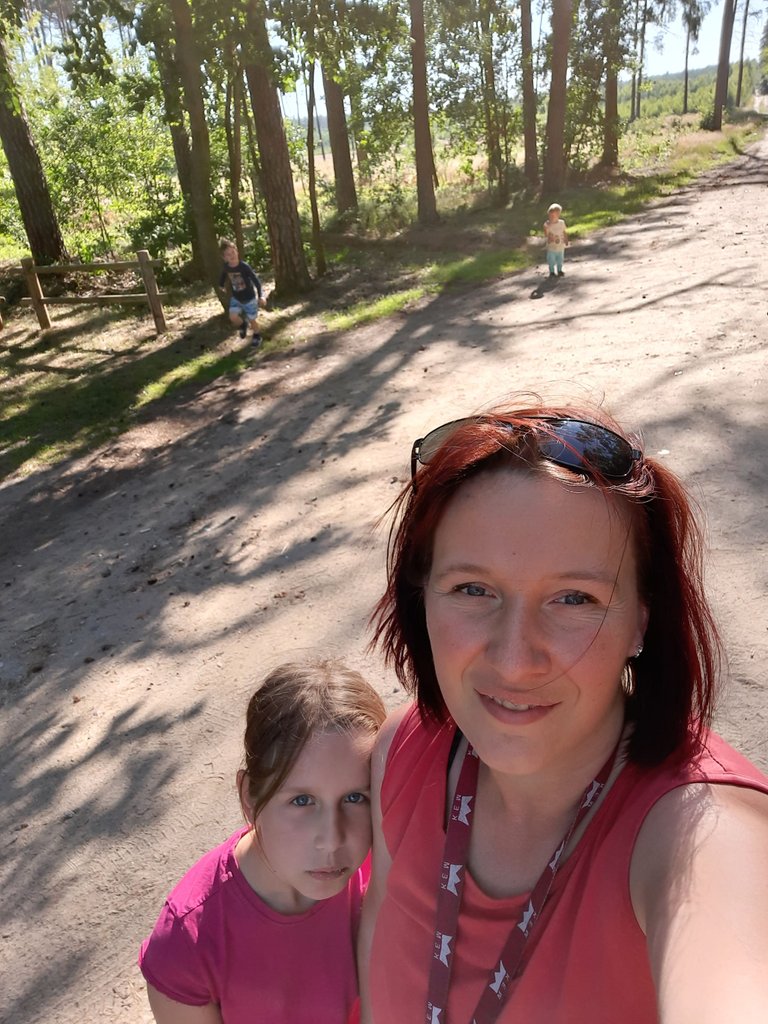
As it is easy to deduce from the presented data, it follows that we will assimilate knowledge best when we experience it, because experience is the basis for understanding. It is not without reason that in our culture the sayings "man learns from mistakes", "if he does not fall over, he will not learn" and many, many others have become established.
It is also worth paying attention to the predispositions and interests of students, and the fact that despite the same age, students have different baggage of experience, different ways of perceiving and significantly differ from each other in maturity and sensitivity to the topics presented. If the topic of the class is interesting for students, it is much easier to assimilate the issue and perhaps they will decide to delve deeper into it if they think that it is something worthy of their attention.

I think that in order to make children learn effectively, they should be armed with appropriate tools, the absurdity of our system is that only at university we meet with subjects such as Methods of effective learning or pedagogy of play, I think that if the topics presented in these classes to be adapted to children of early school age, school and science would be associated much more positively. Unfortunately, instead of creative classes, rich in workshops, or action based on experience, students are supposed to memorize, rules, learn dates (instead of associating events on the timeline).
I think that overloading the material and focusing on blindly following it is a mistake, because instead of motivating students to understand, arousing curiosity in them, only the next issues are ticked off. Today's school and bad educators (and not all of them are like that), teach students to choose one right path, limit creative thinking by teaching blindly to follow what is shown to them.
This is a big problem, because instead of developing, unconventional thinking is blunt, such a model makes it easier to control society, it is easier to indoctrinate it to present one right vision of reality. As the saying goes, there are many ways to the same goal, so why do they force students to think in a certain way? Teaching should consist in the fact that students are taught to search for information, verify the reliability of sources.
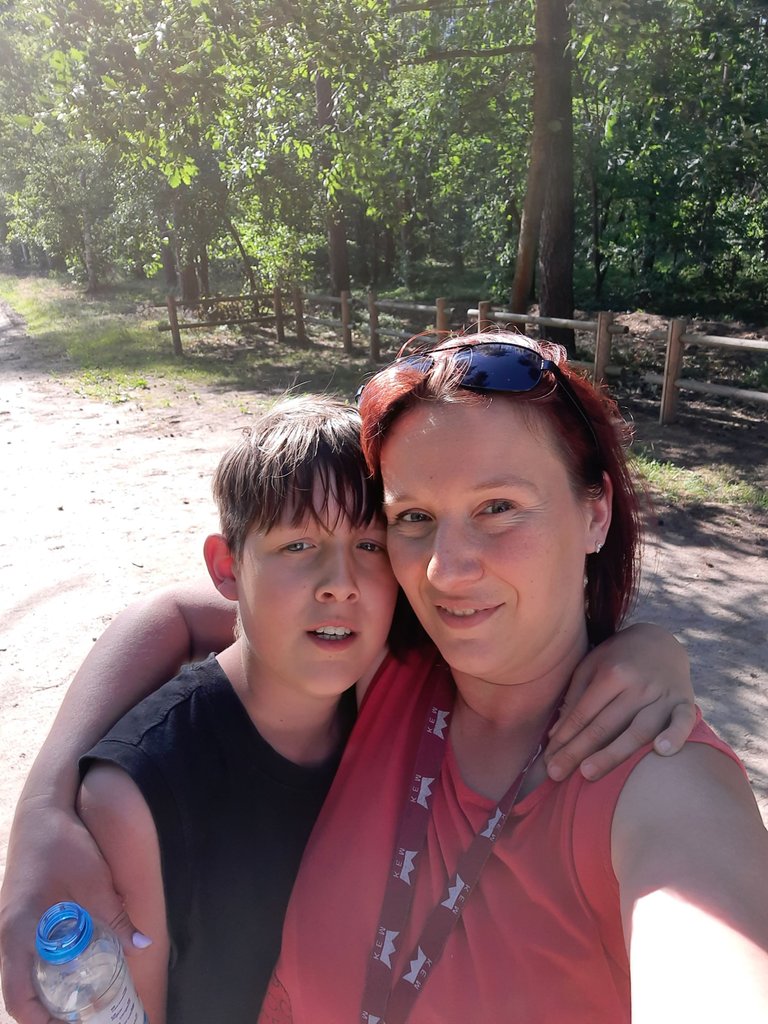
Teaching should be based on the development of young people the ability to analyze, to look for effects and causes, to see the greater whole. According to research, children must feel safe in order to be able to learn (I omit the fact that their basic life needs must be met, and often children go to schools who are not properly cared for at home). Unfortunately, the current grading system does not make children feel safe, although here I see a big improvement because currently in grades 1-3 of primary school there are descriptive grades or nice smileys, which definitely have a better impact on the learning process than traditional assessments.
I think that a wise teacher of primary education can strongly encourage his students during the first years of school, unfortunately when a child finds a teacher who builds up his ego by trampling on students, the consequences can be tragic. I think that a big problem in the school is the lack of selection of teachers in terms of their predispositions for this role, or maybe more the lack of verification and reaction to behaviors that undermine the dignity of the student.

In Polish schools, unfortunately, there are still a lot of people who work there for the wrong reasons (this problem occurs in many professions, but in the work of a teacher it can cause a lot of damage and in extreme cases lead to a tragedy in the form of an attempt on the student's own life). On the other hand, however, it is difficult to subject this professional group to any special selection, because this profession is heavily under-financed (despite years of education and further training of teachers, their salaries are really low), in addition, nowadays parents often present negative attitudes towards teachers, are often demanding and do not cooperate with educators in difficult situations.
About the lights and shadows of our education system one could write, a good master's thesis, in such a short work you can, at most, lick the topic. I think that our education system is not perfect, the classes in schools are not the right size to be able to set up desks in a meaningful way, even if it is in Scandinavian schools. Certainly, a big plus is the shape of teaching in grades 1-3: children have 3 years to master literacy skills (progress is important and everyone gets as much time as they need to go through this process). In grades 1-3 a lot of classes take place on the carpet, children go out a lot to various workshops and get to know the world through its experience.

Unfortunately, somewhere along the way, this beautiful thought is lost and in the older grades, the creativity of young people begins to be suppressed, there is a lack of individual view of the student and his needs. It becomes more important to implement the program imposed from above and think according to the key. Personally, I think that a step back and return to 8 grades of primary school was the right decision, the introduction of junior high school gave students a false sense of maturity and was the source of many pathological behaviors of young people and I say this from the perspective of who was given the opportunity to face that system as the first year.
As a parent of four children, I regret the lack of willingness to sift out pathological teachers (whom my lecturer called necrophiles), because unfortunately there is no shortage of such in our schools, fortunately on the other side there are also those whom the system has not destroyed and despite years in the profession they do not continue to teach with passion and can instill curiosity in students, which is the basis for expanding all knowledge. As a parent of a child with disabilities, I am pained by the gradual phasing out of special schools and the insufficient number of integration classes.
My child will manage in an inclusive class, but there are many children who will not make it. Shifting this burden onto educators, without prior systemic preparation, without examining the subject and saying that this integration is at least naïve. Doing so is magical thinking and can only have the opposite effect. Integration will then be only in name, sick children will disappear from the general education system, in favor of private schools and home education, this procedure, in the proposed form, will not bring anything good.

So how can we fix our education system? I think that this process is not easy and requires many years and openness to change, what is important is to give teachers the right tools, changes in the program aimed at understanding, not remembering. It is also important to sensitize teachers, conducting workshops showing them that classes can be conducted in an interesting way.
I would also like to send that obligatory meetings with a psychologist would also be useful, because the work of a teacher is particularly exposed to professional burnout, which strongly translates into the quality of teaching.
POLSKI:

Jaka jest dzisiejsza szkoła w Polsce, czy jej kształt jest taki jaki być powinien?
Ludzka natura jest taka, że nigdy się wszystkim nie dogodzi, co nie znaczy, że nie należy się starać by osiągnąć stan najbliższy ideału. A jaki jest ten ideał i jak daleki jest od niego obecnie kształt polskiego systemu edukacji?
Obecnie w Polsce mamy 8 klasową szkołę podstawową, szkoła ponadpodstawowa to od 3-5 lat ( w zależności od typu szkoły zawodówka, liceum , techniku). Do lat 18 mamy obowiązek uczęszczania do szkoły, co nie znaczy, że musimy ukończyć którąś ze szkół ponadpodstawowych. Obecny kształt polskiej szkoły zawdzięczamy reformie z 2017 roku, która niejako przywraca kształt polskiego szkolnictwa z przed roku 1999 w którym zostały w prowadzone w Polsce gimnazja.

Zastanawiając się nad blaskami i cieniami polskiego systemu edukacji należy się zastanowić jaki jest obecnie stan wiedzy na temat tego jak uczy się człowiek. Według obecnej wiedzy z zakresu neurobiologii uczenie się to proces polegający na trwałych zmianach w zachowaniu, będący efektem doświadczania.
Obecnie wiemy, że nasz mózg nie zapamiętuje linearnie, więc model nauczania oparty na wykładzie, monologu wykładowcy, nie sprawdza się i nie ułatwia efektywnego uczenia, a wręcz przeciwnie sprawia, że nasz mózg zaczyna, krążyć gdzieś wokół tego co mamy zrobić, co nas interesuje, wówczas nie wynosimy nic z takich zajęć. Jeśli jednak, w trakcie zajęć wprowadzi się pytania, do uczniów, zachęci się ich do chwili refleksji, przedstawienia przykładu z życia lub zada pracę w grupach na dany temat, wtedy efekt uczenia będzie znacznie lepszy.
Badania prowadzone nad tym jak i ile zapamiętujemy dowiodły, że zapamiętujemy zaledwie 10% tego co czytaliśmy, 20% tego co słyszeliśmy, 30 % tego co widzieliśmy, 50% tego co widzieliśmy i słyszeliśmy, 70% tego co mówiliśmy w czasie rozmowy i aż 90% tego co mówiliśmy o tym co robimy. Czemu to ważne, bo jest to wiedza niezbędna do tego by nauczać efektywnie, w innym wypadku stwarzamy tylko pozory tego, że nauczamy.
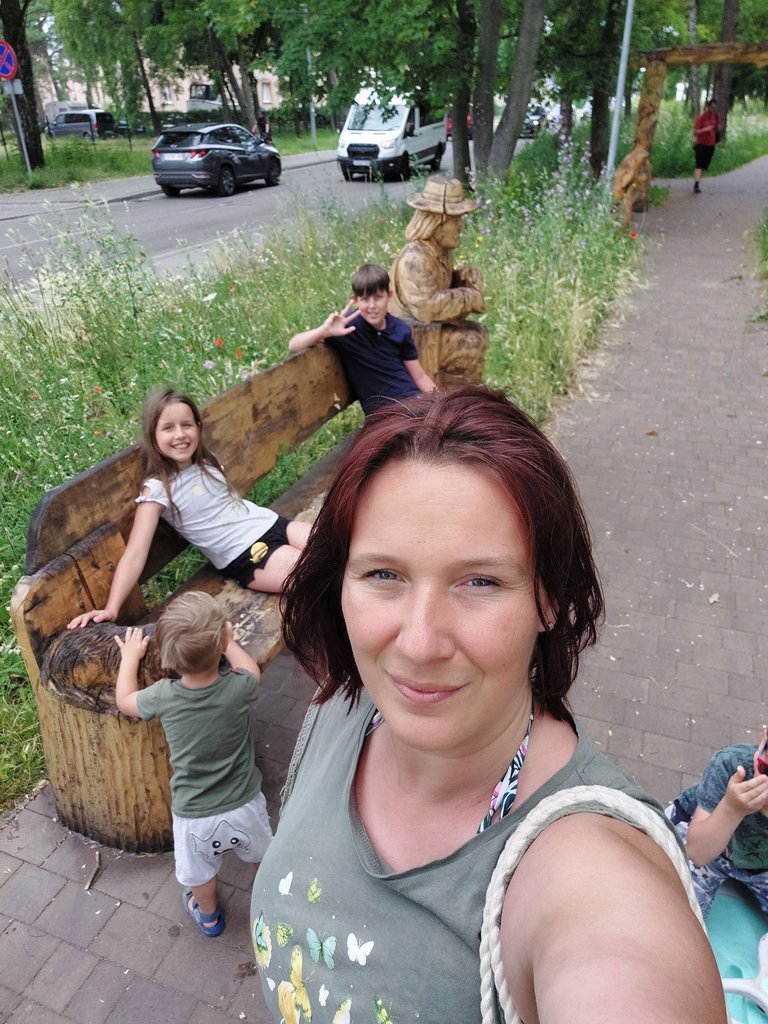
Jak łatwo wywnioskować z przedstawionych danych wynika, że najlepiej przyswoimy wiedzę, gdy jej doświadczymy, bo doświadczenie jest podstawą do zrozumienia. Nie bez powodu w naszej kulturze utrwaliły się powiedzenia ,, człowiek uczy się na błędach”, ,, jak się nie przewróci to się nie nauczy” i wiele, wiele innych.
Warto zwrócić również uwagę na predyspozycje i zainteresowania uczniów, oraz na fakt, iż mimo tego samego wieku uczniowie mają różny bagaż doświadczeń, różne sposoby postrzegania i znacznie różnią się od siebie dojrzałością i wrażliwością na prezentowane tematy. Jeśli temat zajęć jest dla uczniów interesujący zdecydowanie łatwiej przyswoją dane zagadnienie i być może sami postanowią się w nie bardziej zagłębić, jeśli uznają, że jest to coś godnego ich uwagi.
Myślę, że chcąc sprawić by dzieci efektywnie się uczyły, należy je uzbroić w odpowiednie narzędzia, absurdem naszego systemu jest to, że dopiero na studiach spotykamy się z przedmiotami typu Metody efektywnej nauki, czy pedagogika zabawy, myślę że gdyby tematy prezentowane na tych zajęciach do dostosować odpowiednio do dzieci w wieku wczesno szkolnym szkoła i nauka, kojarzyły by się zdecydowanie pozytywniej. Niestety zamiast, kreatywnych zajęć, bogatych w zajęcia warsztatowe, czy działanie na bazie doświadczeń, uczniowie mają zapamiętywać, regułki, uczyć się dat (zamiast kojarzyć zdarzenia na osi czasu).
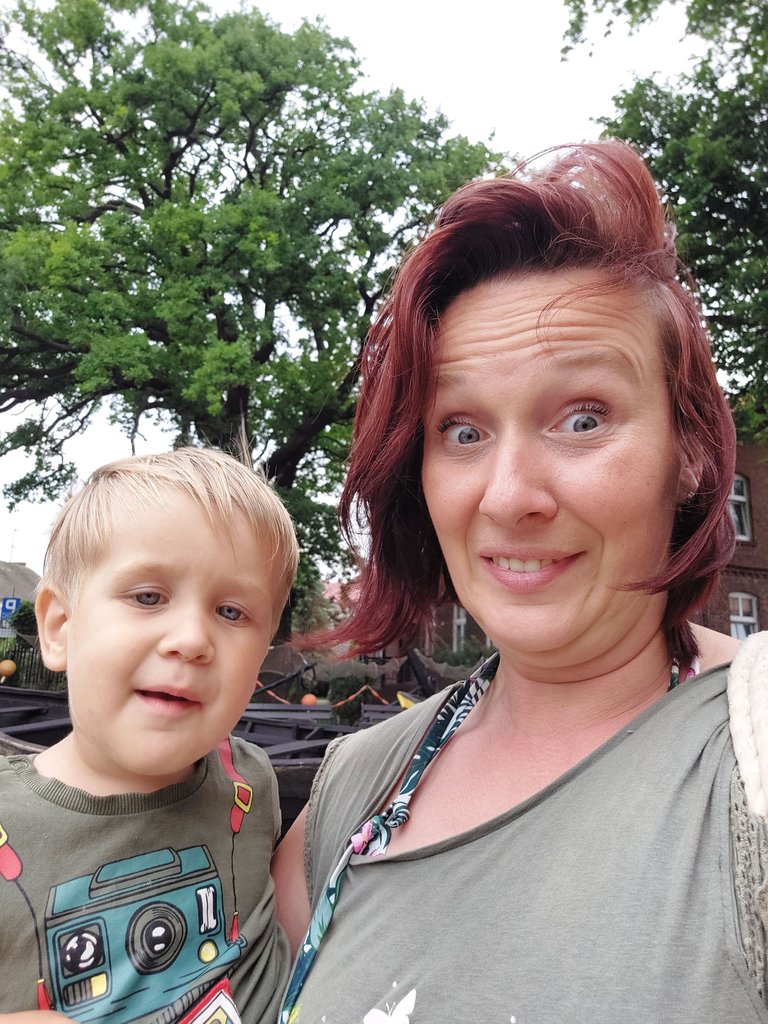
Myślę, że przeładowanie materiałem i skupienie się na ślepym podążaniem za nim, jest błędem, bo zamiast, zmotywować uczniów do zrozumienia, wzbudzenia w nich ciekawości, odhaczane są tylko kolejne zagadnienia. Dzisiejsza szkoła i źli pedagodzy (a nie wszyscy tacy są), uczą uczniów wybierania jednej słusznej drogi, ograniczają kreatywne myślenie ucząc ślepego podążania za tym co jest im wskazywane.
Jest to duży problem, bo zamiast rozwijać, tępi się nie szablonowe myślenie, taki model sprawia, że łatwiej sterować społeczeństwem, łatwiej je indoktrynować przedstawiać jedną słuszną wizję rzeczywistości. Jak mówi przysłowie jest wiele dróg do tego samego celu, więc czemu na siłę każą uczniom myśleć w konkretny sposób? Nauczanie powinno polegać na tym, iż uczy się uczniów wyszukiwać informacje, weryfikować wiarygodność źródeł.
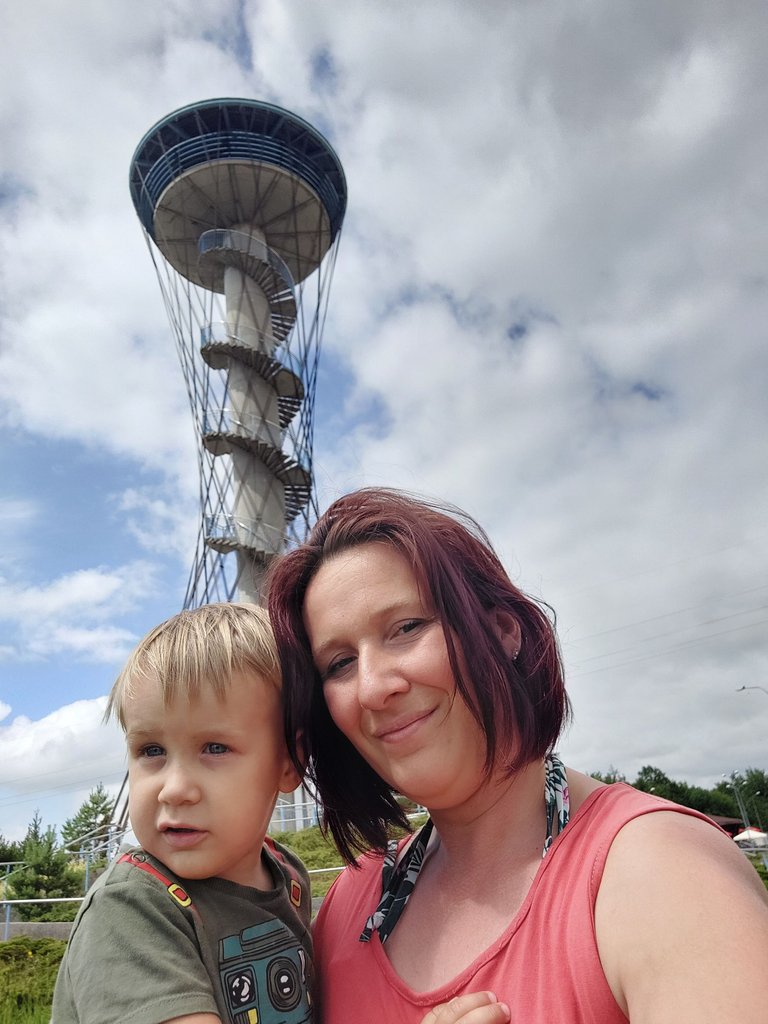
Nauczanie powinno być na wykształceniu w młodych ludziach umiejętności analizy, doszukiwaniu się skutków i przyczyn, widzenia większej całości. Zgodnie z badaniami dzieci aby móc się uczyć muszą czuć się bezpiecznie ( pomijam fakt, że muszą być zaspokojone ich podstawowe potrzeby życiowe, a często do szkół trafiają dzieci niezaopiekowane odpowiednio w domach). Niestety obecny system oceniania nie sprawia, że dzieci czują się bezpiecznie, choć tu widzę sporą poprawę bo obecnie w klasach 1-3 szkoły podstawowej są oceny opisowe, bądź sympatyczne buźki, które zdecydowanie lepiej wpływają na proces uczenia niż tradycyjne oceny.
Myślę, że mądry nauczyciel nauczania początkowego, może mocno podbudować swoich uczniów w trakcie pierwszych lat szkoły, niestety gdy dziecko trafi na nauczyciela który podbudowuje swoje ego depcząc uczniów skutki mogą być tragiczne. Uważam, że dużym problemem w szkole jest brak selekcji nauczycieli pod kontem ich predyspozycji do tej roli, a może bardziej brak weryfikacji i reakcji na zachowania, które godzą w godność ucznia.
W polskich szkołach niestety nadal jest sporo osób, które pracują tam z nie właściwych pobudek (problem ten występuje w wielu zawodach, ale w pracy nauczyciela może wyrządzić wiele szkody i w skrajnych przypadkach doprowadzić do tragedii w postaci targnięcia się ucznia na własne życie). Z drugiej strony trudno jednak poddawać tą grupę zawodową jakiejś szczególnej selekcji, gdyż zawód ten jest mocno nie dofinansowany(mimo lat nauki i doszkalania się nauczycieli ich zarobki są naprawdę niskie), dodatkowo w obecnych czasach rodzice często prezentują negatywne postawy względem nauczycieli, często są roszczeniowi i nie współpracują z pedagogami w trudnych sytuacjach.
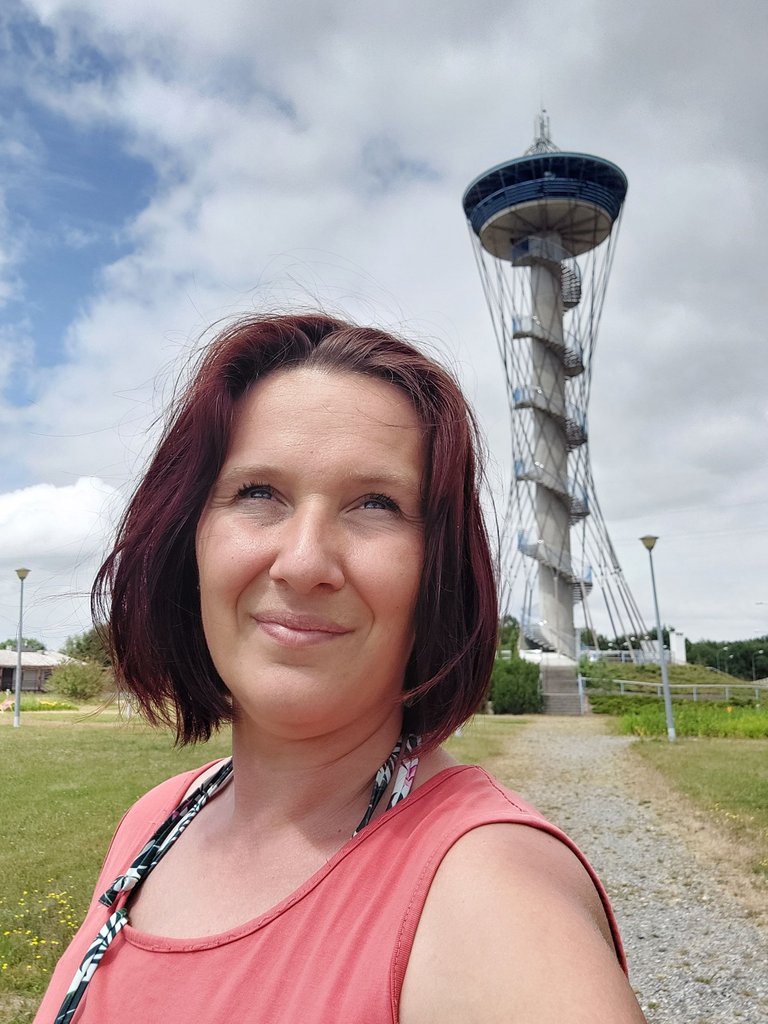
O blaskach i cieniach naszego systemu edukacji można by napisać, dobrą pracę magisterską, w tak krótkiej pracy można, co najwyżej liznąć temat. Myślę, że nasz system edukacji nie jest idealny, klasy w szkołach nie są odpowiednich wielkości, aby można było ustawić ławki w sensowny sposób choćby taki jaki jest w szkołach skandynawskich. Na pewno sporym plusem jest kształt nauczania w klasach 1-3 dzieci mają 3 lata na opanowanie umiejętności czytania i pisania (ważny jest progres i każdy dostaje tyle czasu, ile na przejście tego procesu potrzebuje). W klasach 1-3 sporo zajęć odbywa się na dywanie, dzieci dużo wychodzą na różne warsztaty i poznają świat poprzez jego doświadczanie.
Niestety gdzieś po drodze zostaje zagubiona ta piękna myśl i w starszych klasach, zaczyna się tłumić kreatywność młodych ludzi, brak jest indywidualnego spojrzenia na ucznia i jego potrzeby. Ważniejsza staje się realizacja narzuconego z góry programu i myślenie zgodnie z kluczem. Osobiście uważam, że krok w tył i powrót do 8 klas szkoły podstawowej to była słuszna decyzja, wprowadzenie gimnazjum dawało uczniom fałszywe poczucie dojrzałości i było źródłem wielu patologicznych zachowań młodzieży i mówię to z perspektywy komu było dane, mierzyć się z tamtym system jako pierwszemu rocznikowi.
Jako rodzic czwórki dzieci, ubolewam nad brakiem chęci odsiania patologicznych nauczycieli ( których ja wykładowczyni nazwała nekrofilami), bo takich niestety w naszych szkołach nie brakuje, na szczęści po drugiej stronie są też ci których system nie zniszczył i mimo lat w zawodzie nie nadal nauczają z pasją i potrafią zaszczepić w uczniach ciekawość, która jest podstawą do poszerzania wszelkiej wiedzy. Jako rodzica dziecka z niepełnosprawnościom, boli mnie stopniowe wygaszanie szkół specjalnych i niewystarczająca ilość oddziałów integracyjnych.
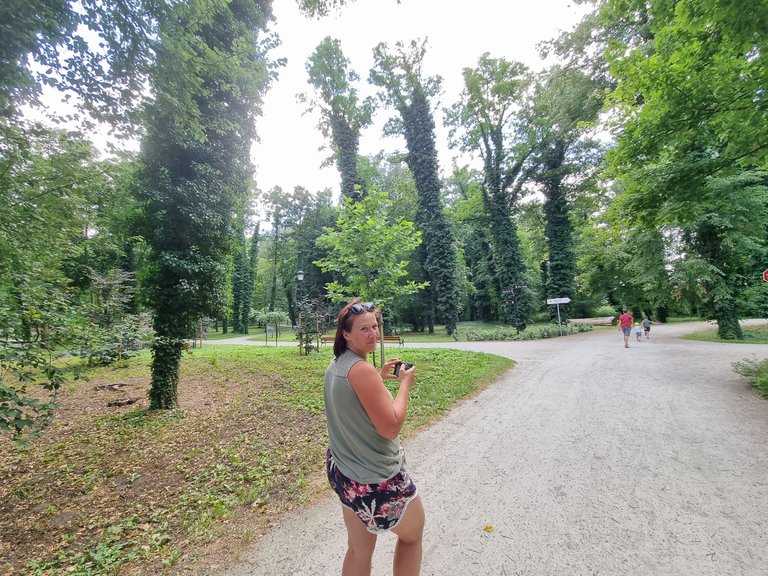
Moje dziecko poradzi sobie w klasie integracyjnej, ale jest wiele dzieci, które nie dadzą rady. Zrzucanie tego ciężaru na pedagogów, bez uprzedniego przygotowania systemowego bez zbadania tematu i mówienie, że to integracja jest co najmniej naiwne. Takie postępowanie jest myśleniem magicznym i może przynieść co najwyżej odwrotny skutek. Integracja będzie wówczas tylko z nazwy, chore dzieci znikną z systemu edukacji powszechnej, na rzecz szkół prywatnych i edukacji domowej ten zabieg, w proponowanym kształcie nie przyniesie nic dobrego.
Jak zatem można naprawić nasz system edukacji? Myślę, że to proces nie łatwy i wymaga wielu lat i otwartości na zmiany, to co ważne to danie nauczycielom odpowiednich narzędzi, zmiany w programie ukierunkowane na zrozumienie, a nie na zapamiętanie. Ważne jest też uwrażliwienie nauczycieli, prowadzenie warsztatów, pokazujących im, że zajęcia można prowadzić ciekawie.
Myślę, że przydałyby się też obowiązkowe spotkania z psychologiem, bo praca nauczyciela jest szczególnie mocno narażona na wypalenie zawodowe, co mocno przekłada się na jakość nauczania.
0
0
0.000
You have received 1.0000 LOH for posting in Ladies of Hive. We believe that you should be rewarded for the time and effort spent in creating articles. The goal is to encourage token holders to accumulate and hodl LOH tokens over a long period of time.
I am in so much love with this your opening statement,
We tend to relax just because we can't attain perfection but it shouldn't be so, we should keep trying to do the best we can in all situation.
Nice write-up dear, I wish Poland a very great speedy improvement in their academic sector... Great steps too
Congratulations @dragokazo! You have completed the following achievement on the Hive blockchain And have been rewarded with New badge(s)
Your next target is to reach 1500 replies.
You can view your badges on your board and compare yourself to others in the Ranking
If you no longer want to receive notifications, reply to this comment with the word
STOPCheck out our last posts: